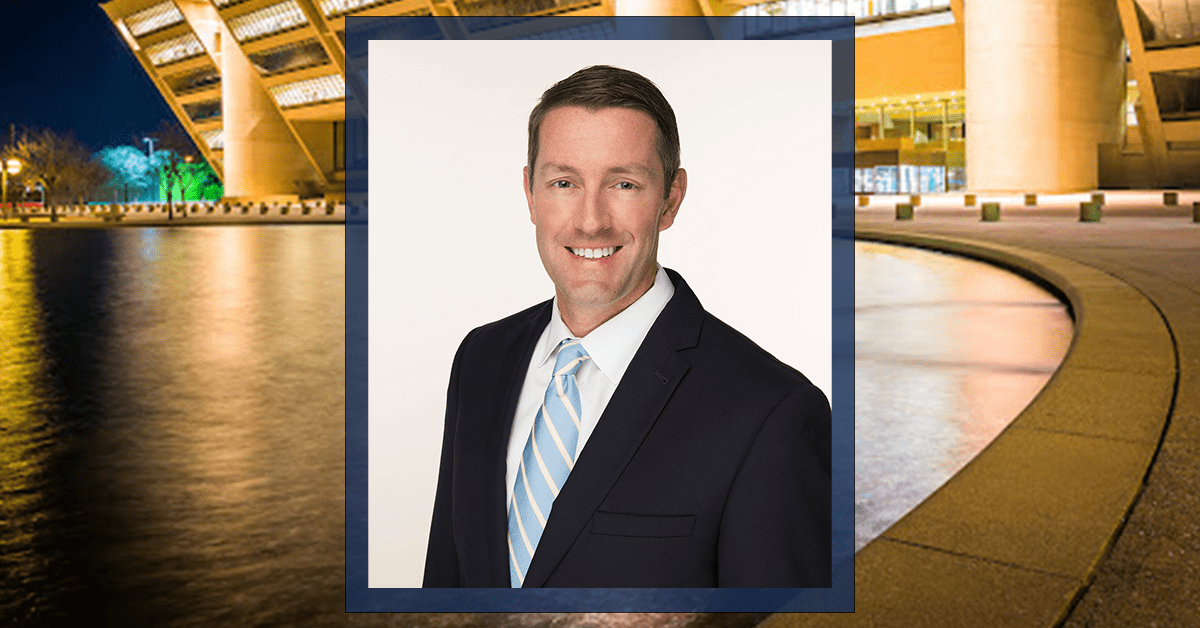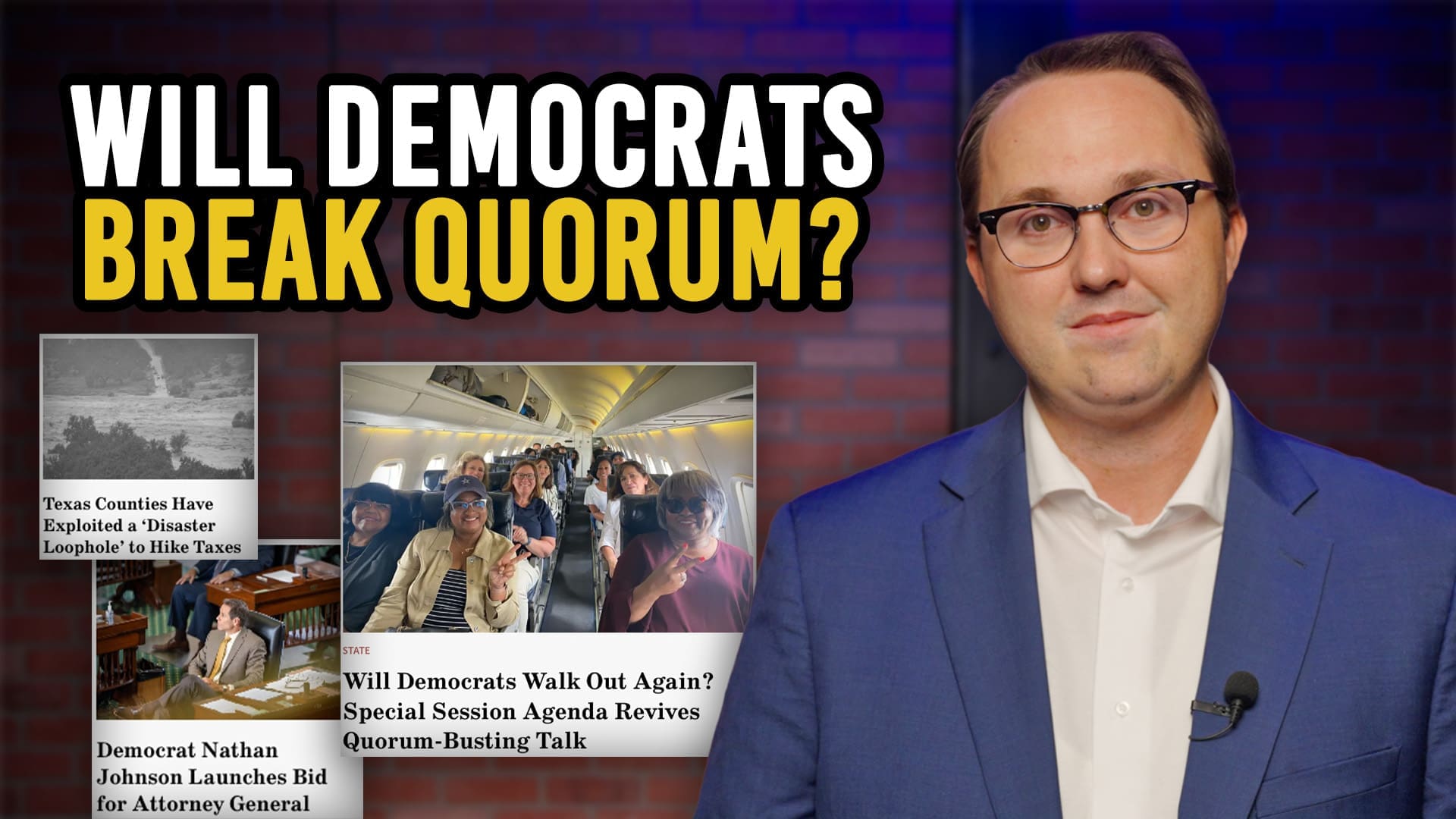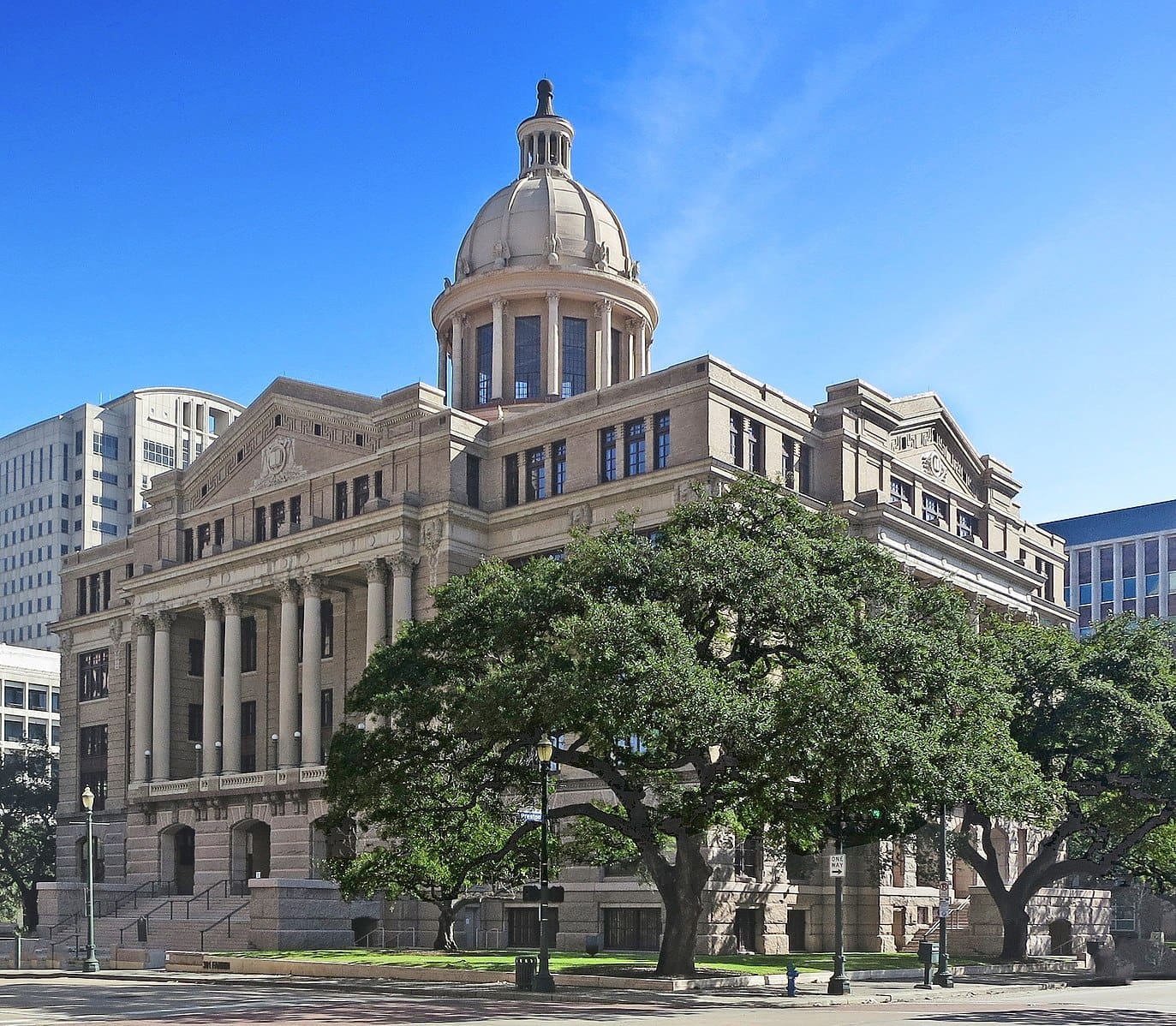Recently, Dallas City Councilman Chad West told citizens why having police ask before restoring funds set to be removed from police overtime is fiscally responsible. He also argues it’s a necessary response after the Texas Legislature passed a law earlier this year punishing cities that defund their police.
Last week by a vote of 8-7, the Dallas City Council approved West’s amendment to move $10 million of the Dallas Police Department’s $22-plus million of proposed police overtime budget into a savings account. While the funds can only be used for the police, the city council stipulated it will be released only after a hearing of the Public Safety Committee where Police Chief Eddie Garcia must ask for the money. That hearing will occur after a full audit of police overtime is published.
West agreed to an interview with Texas Scorecard and answered tough questions about his plan. The interview took place before the city auditor’s interim report of an audit of police overtime was published. The city auditor expects the full report will be published in late October or early November.
Texas Scorecard: Many city council members said they will not turn down DPD’s request for more overtime money, and they haven’t in the past. If there is no threat of refusing funds, how is this checkpoint providing real accountability?
West: “What this amendment did is it’s a two-fold amendment. I think there are two benefits of it. The first one gives council more flexibility in the amount of additional funds we’re putting into DPD. This is in direct response to restrictions imposed by the State of Texas.
“[The] State of Texas has been getting deep in the weeds on local control, on more aspects of just public safety, and they’ve basically locked us in … [so] if we do find efficiencies in the future in public safety and there’s agreement across the board by DPD, by council members, by the general public to reduce the DPD’s budget because of efficiencies that are found, we still can’t do that unless we go to the voters, which creates a huge new cost burden for [them].
“By simply putting the funds into the reserves, DPD can access them. They are held for DPD. If they don’t use them, then we are not tied to that budget increase that would be set as a baseline, that we’d be setting by just putting them immediately into DPD overtime. That’s the first reason. It’s sort of [an] accounting decision that provides the elected officials with more flexibility in the future, while still fully funding and giving DPD a huge budget increase from last year.
“The second part, which is really more to the heart of your question, is the accountability piece. What this does is it addresses the possibility of efficiencies that are found as a result of the overtime audit that’s been conducted. The amendment delays releasing the overtime funds until the Public Safety Committee has been briefed on the results of the overtime audit.
“At that point, the DPD will come and explain and talk through the audit with us and the city auditor, and we’ll talk about if there are efficiencies that have been put into place or not, and then the funds can be released or not released. If DPD needs them, I support it; but I do want to have the briefing I’ve been asking for for a year and a half about what are efficiencies that are put into place. As I mentioned to you, overtime is not a given. Not every department is just entitled to have overtime. There need to be checks and balances in place, and I’m simply asking for an explanation of what has been done since last year, if anything.”
Texas Scorecard: What metrics have you set in order for DPD to receive this funding when they ask?
West: “No metrics have been set at this point. All that’s been requested is a briefing.”
Texas Scorecard: Before the council’s vote, did you or any other member of council, to your knowledge, express your concerns to Chief Garcia, inform him of your plan, and ask him to present his own alternative plan for more transparency and accountability for police overtime?
West: “The very first meeting I had with Chief Garcia—who I respect immensely and I’m excited about his violent crime plan and a lot of things that he’s bringing to the department, especially the morale increase—I told him my biggest concern with the last chief, and my biggest concern with the department in terms of accountability, is on the overtime. I hope he will take that on and take that seriously, and I believe he is.
“The overtime situation is one that he inherited. This is not something that this chief has caused or even the officers who are here now on the ground, who’ve been here for 20 years, have caused.
“This is a leadership problem in the past that has continued to just let overtime grow in terms of use. And yes, that’s tied to other things. I’m not going to just make a blanket statement. It’s tied to reduction in officers. It’s tied to pay challenges with our neighboring cities. We can’t just turn a blind eye to it. We’ve got to address it.
“Your question was, have I talked to the chief about it? He knows it was a concern to me. I did speak with him before my amendment, and so he knew it was coming. But that’s about the extent of it. He and I are in constant communication, and we talk regularly.”
Texas Scorecard: What was Garcia’s response? Did he present his own plan, or was he given that opportunity?
West: “My door is always open to alternatives. But in this case, I told him I’m simply asking for the funds to be moved—and I gave him the two reasons I just gave you—into non-departmental reserves held for DPD, at which point they can be released later.
“This is a very different scenario than last year, when an amendment was filed that attempted to move DPD funds into non-public safety alternatives. And then of course, that was changed and it became public safety related. These funds are held for DPD and will undoubtedly be released to DPD after a checkpoint briefing, where we can hear about the audit and we can hear the DPD’s plan. That’s all it is.”
The Dallas City Council‘s final vote on the budget will be on Wednesday, September 22.





